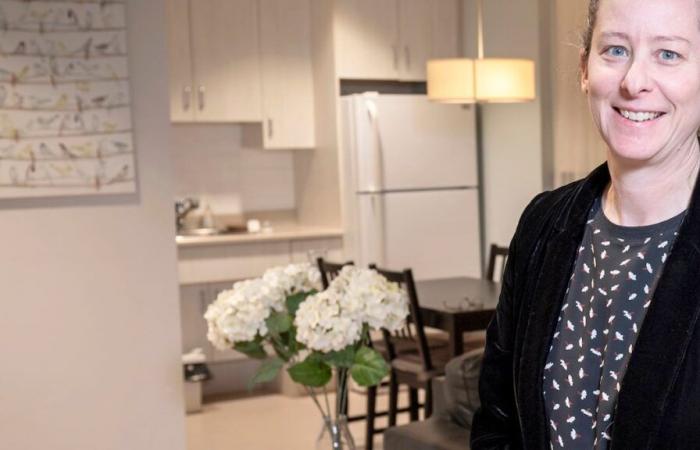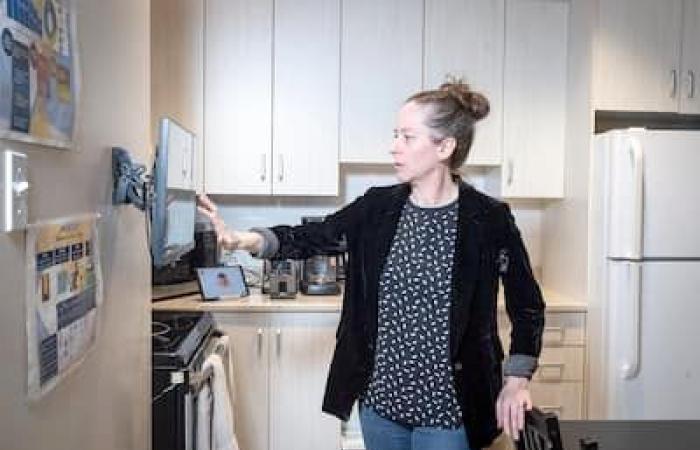Thirty minutes of exercise a day, protein at every meal, a circle of friends: it is possible to stay healthy until age 100. The Journal offers you simple and realistic tips for fending off illness and the secrets of centenarians about their longevity.
Artificial intelligence could soon revolutionize the way seniors are cared for, allowing them to stay at home longer, in better health and at a lower cost.
“It’s like going from a typist to a super-powerful computer. We are changing our working methods, notes Philippe Voyer, professor at the Faculty of Nursing at Laval University and expert in eldercare. It’s obvious that technology is essential for the future.”
“Everyone is looking for solutions to make up for the lack of personnel and the aging of the population. It’s one more tool to support the health network,” adds Nathalie Bier, professor of occupational therapy and researcher at the University Institute of Geriatrics of Montreal (IUGM).
For several years, researchers have been working to adapt artificial intelligence (AI) to serve seniors who are losing their autonomy. According to Mr. Voyer, all kinds of technologies can be deployed on a large scale in the coming years:
- Avatars that remind you of tasks to be accomplished;
- Personalized assisted conversations for demented seniors;
- Medication reminders connected with the pharmacy;
- Cameras to detect falls.
The specialist emphasizes that questions of confidentiality and IT security are slowing down implementation.
“There are several points of innovation but we do not yet have a smartphone with lots of applications. It’s still in pieces.”
– Philippe Voyer, professor at the Faculty of Nursing at Laval University and expert in eldercare
Photo provided
“It’s a very cumbersome process to protect people,” admits Mr. Voyer.
However, experts are unanimous: seniors are in favor of technological assistance.
“A person’s desire to stay at home creates openness towards technologies,” adds Sébastien Gaboury, holder of the Canada Research Chair in ambient intelligence and portable sensors for technological assistance in health. We will have to see what the compromises are, how far we can go.”
According to experts, this technological shift will be profitable in the long term. A place in a CHSLD costs $110,000 per year and in a senior center, $140,000 per year, according to Mr. Voyer. If technology helps avoid emergency room visits and hospitalizations, all of society will benefit.
Software compiles everything
Moreover, an apartment which at first glance seems completely standard has been converted for this purpose at the IUGM. In total, around a hundred sensors are installed everywhere (kitchen, bathroom, appliances, doors) to record the slightest movement.
Nathalie Bier, professor of occupational therapy and researcher at the University Institute of Geriatrics of Montreal (IUGM).
Photo Joël Lemay, Agence QMI
“We use […] home automation that we tweek with artificial intelligence to understand what the person does in their everyday life,” explains Mme Bier, who has been working on this pilot project since 2016.
Software compiles the data to determine several things: How long does the senior sleep? Does he wash regularly? Is he cooking himself? So far, around a hundred Montreal seniors have taken part in the IUGM pilot project.
“For the CLSC, such a system makes it possible to better provide services or avoid travel. Sometimes, we send attendants just to monitor because we are not sure, several times a day,” explains M.me Bier.







